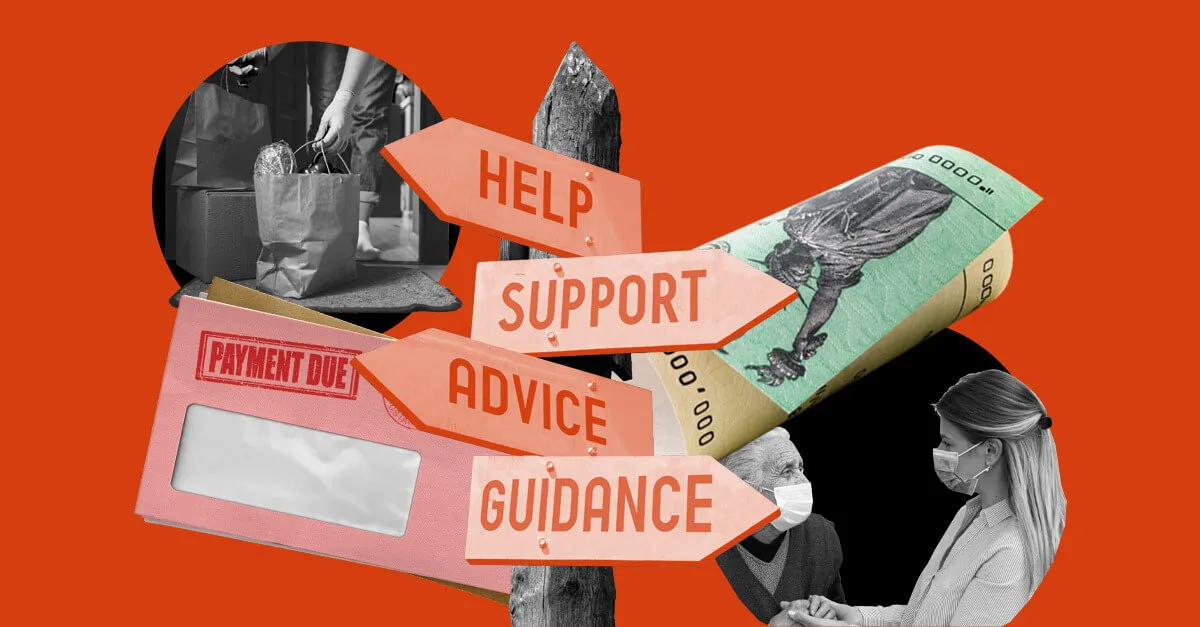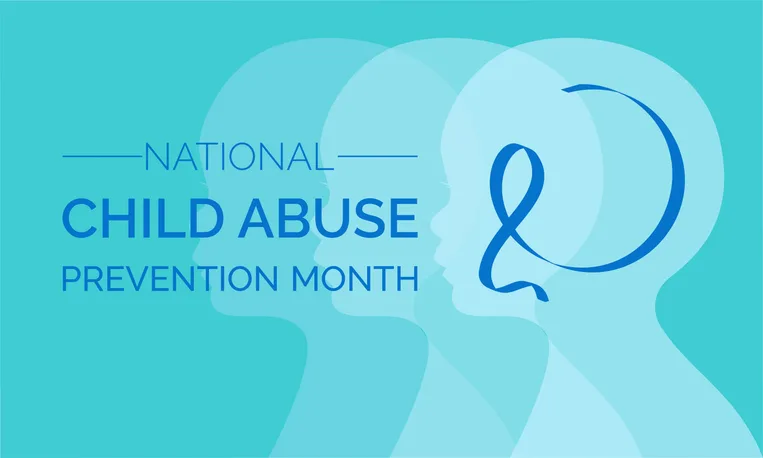
Nonprofits and mutual aid groups have stepped up to fill the gaps in aid left by lawmakers.
*This is part four in a series exploring how Arizona’s unemployment system was impacted by the COVID-19 pandemic. Read the full series here.
Many Arizonans who were at first receiving $840 per week in unemployment—and then $540—will still need extra help when payments return to the normal $240 in coming weeks.
Arizonans who don’t yet have the opportunity to go back to work or can’t due to COVID-19 will likely face challenges living on only $960 per month—an amount often lower than a single rent bill.
With no federal or state plan to increase benefits in sight, nonprofits and mutual aid groups have stepped up to try to fill in the gaps.
Here are some efforts made by community leaders to help people make ends meet as the COVID-19 pandemic continues to affect the economy.
Nonprofits
Food banks have been a huge source of help for those experiencing financial hardship during this time of crisis.
St. Mary’s Food Bank, which is based in Phoenix but travels for mobile events, has set multiple records for distribution this year. Other food banks around Arizona can be found with this searching tool here.
Nonprofits can also help by offering important information.
For example, Community Legal Services has a page on its website filled with resources for tenants who are in danger of eviction, including links on how to apply for assistance through state, county, and municipal programs; what to know about tenants’ rights; and how to create a rent payment plan agreement with a landlord. Those who would like to meet with a CLS representative can apply for assistance here.
And for those financially struggling to care for pets during this time, The Humane Society offers a list of resources that includes links to low-cost veterinary clinics, crowd-funding platforms, and programs that can provide monetary assistance.
Some for-profit companies have also stepped up to help people whose wallets are hurting. For example, ride-hailing company Lyft is offering free rides to polling locations on Election Day to remove the barrier of not being able to afford transportation.
Mutual Aid
Ordinary people have also stepped up to create systems to help others in need.
Mutual Aid Phoenix is a group working to distribute free hygienic products, food, and other supplies to those in need. The website also offers information on how to self-organize and create community pods to make sure as many people as possible are being reached. Other groups working to distribute resources include Desert Indigenous Collective, Indigenous Women Rising, and De Mujer a Mujer.
Another service is Leveler.info. The website allows a potential donor to be randomly connected with five people in need from their area as well as their Venmo, CashApp, or Paypal handles. Donors are encouraged to give the same amount of money to each person. Donors can then be randomly matched with a new group if they want to continue the generosity. The site also has a message board resources page where people can both ask for and offer help.
A similar system has been set up specifically for Phoenix-area service workers. While there’s no random matching, this spreadsheet shows the workers’ names, places of employment, and best way to send them some help.
A number of Facebook groups have also popped up to help Arizonans––not just monetarily but to provide support and advice in navigating the unemployment system. One group’s over 10,000 members regularly posts questions and answers to questions about filling out forms, reaching state Department of Economic Security representatives, and sharing information about what may have happened if payments don’t come through.
NextDoor, a social media service grouped by neighborhoods, offers a service where people who can’t go to the grocery store or do other tasks due to COVID-19 risk can get connected with others nearby who can help.
How Long?
Arizonans may be left to rely on community aid for the foreseeable future.
When Gov. Doug Ducey was asked Thursday how people are expected to live on $240 per week, he deflected the issue to the federal government.
“That’s the answer. It’s on Congress. Plan ahead,” he told reporters.
While lawmakers have returned to the House and Senate, there is low expectation that a new relief package will be passed.
The Republican-majority Senate proposed a bill earlier this month that ramped up aid but did not include more stimulus checks or help for local governments, and it only provided a $300 weekly unemployment boost through December rather than the previous $600.
Democrats, who said the proposal didn’t go far enough, blocked it from moving forward.
“It is so emaciated, so filled with poison pills, so partisanly designed,” Senate Minority Leader Chuck Schumer (D-N.Y.) said.
Politics

6 terrifying things that could happen if the Comstock Act is used to target abortion
Does 1873 sound like a really, really long time ago? Well, that’s because it is—but if Republicans and far-right anti-abortion activists have their...

He said what? 10 things to know about RFK Jr.
The Kennedy family has long been considered “Democratic royalty.” But Robert F. Kennedy, Jr.—son of Robert F. Kennedy, who was assassinated while...
Local News

Opinion: Strategies for Child Abuse Prevention
11 ways you can be an ally in the fight against child abuse. April is Child Abuse Prevention Month. In the United States, it is estimated that a...

Biden marks Earth Day by announcing $7 billion in solar grants
The Biden administration on Monday announced the recipients of its Solar For All Program, a $7 billion climate program that aims to lower energy...





